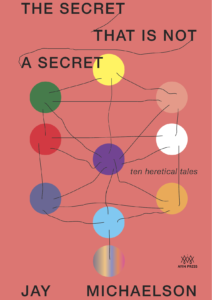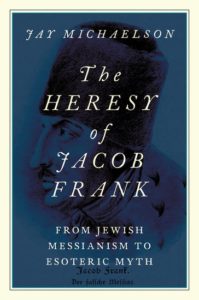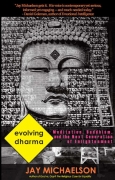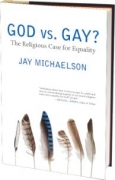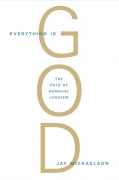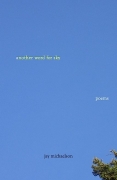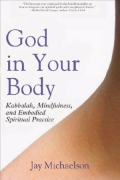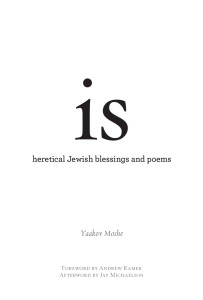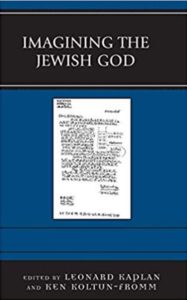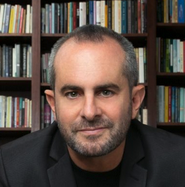Scholar in Residence | KAM Isaiah Israel
at KAM Isaiah Israel
1100 E Hyde Park Boulevard
Chicago, IL
More Info / Registration
Rabbi Michaelson will be scholar in residence at Chicago’s KAM Isaiah Israel synagogue for the weekend. Friday night, please join KAM for dinner at 6:30, followed by services at 7:30, at which Dr. Michaelson will speak on:
The Gate of Tears: Joyful Sadness, Activism, and the Spiritual Path
“Even when the gates of prayer are closed, the gates of tears are open.†So says the Talmud (BT Berachot 32b), and so many of us have seen that when the heart is broken, it is also the most open. And yet, many forms of contemporary spirituality seek to banish sadness, righteous indignation at injustice, and other difficult emotions. Rabbi Dr. Michaelson’s new book The Gate of Tears: Sadness and the Spiritual Path, argues for an integration of joy and sadness, spirituality and social justice. In this talk, he will draw on secular, Hasidic, personal, and Dharma sources (and avoid cliché and psychobabble) to present an authentic contemplative path for today’s postmodern age.
Shabbat Morning, Dr. Michaelson will lead Torah study at 9am, and co-lead contemplative services at 10. At lunch, he will speak on:
Holy Heresy: The Case of Jacob Frank
Heretics are often thought of as “unbelievers,†but in fact, they are true believers — their beliefs just differ from the majority. Other than Christianity, the greatest Jewish heresy was Sabbateanism, the mystical-messianic movement which rejected Jewish law and which lasted from the 17th to 20th centuries. Tonight we will explore a radical text from this period, Jacob Frank’s The Words of the Lord, which rejects traditional religion as ineffectual and proposes a radical, weird, materialistic, magical, proto-reform alternative to it. What distinguishes heresy from mere rebellion on the one side, and reform on the other? And what do these debates look like today?
Saturday evening, Dr. Michaelson will speak on:
iJudaism: Trendlines in 21st Century Jewish Affiliation — and why it might not be so bad
Traditional Jewish institutions are in trouble. Affiliation is declining in non-Orthodox communities, denominations are going broke, federations are struggling to retain relevance, and the old model of the synagogue is increasingly being questioned. Is this the end of the Jewish world?
As someone who has been at the center of the post-whatever, independent/DIY Judaism phenomenon for over a decade, I see ours as a moment of great peril and great opportunity. Particularly among younger, educated Jews, there is a renaissance underway of new Jewish culture, spirituality, and identity. Transcending conventional movements, ideologies, and labels, young Jews are congregating on their own for prayer, spiritual practice, and cultural activities. They are mixing and matching from different religions and cultures, and are no longer quite as enchanted with the Holy Trinity of antisemitism, Israel, and the Holocaust. Best of all, there is a lot that all of us (even those of us who like synagogues and denominations) can learn from this new, postmodern American Judaism — in our congregations, our homes, and our lives together.
